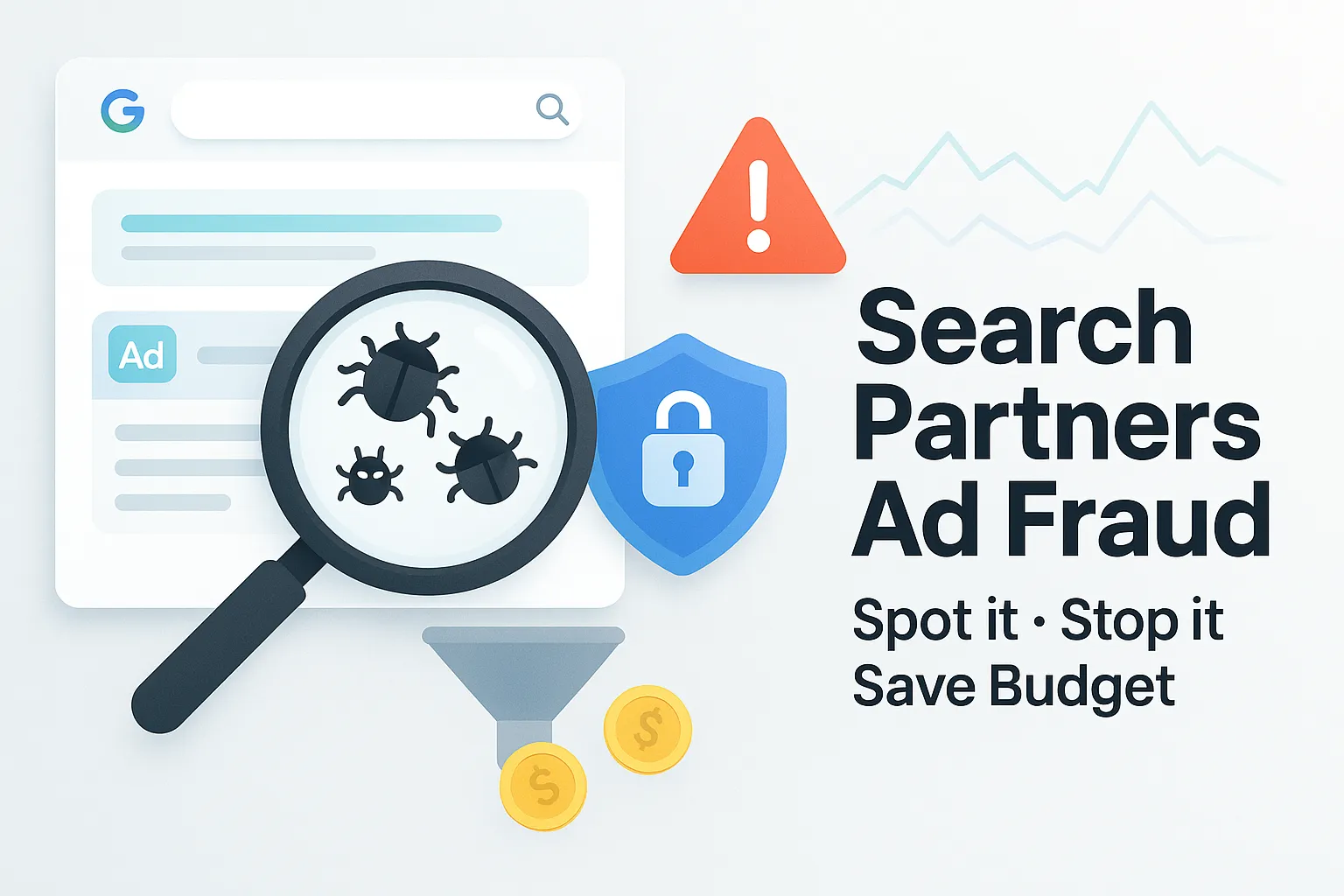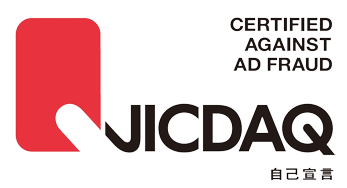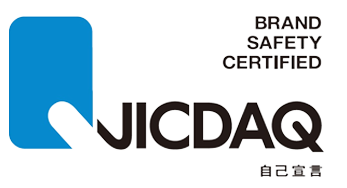The Trap of Wasted Ad Spend in PPC Campaigns

In this article, we’ll be looking at why some marketers fall into the trap of wasted ad spend, and how you can create specific, targeted campaigns with the same budget.
Efficient Budget Allocation and Quality Over Quantity
Before diving into the complexities of ad spend, businesses must establish clear goals and define their target audience. With this information, they can allocate their budget efficiently across different PPC platforms. It is crucial to remember that not all platforms work equally well for every business. For instance, B2B companies may find more success with LinkedIn ads, while B2C companies might thrive on Facebook or Instagram.
One of the most significant misconceptions about ad spend is the notion that the more money you throw at a campaign, the better the results will be. In reality, focusing on quality over quantity is key to maximizing the ROI of your PPC efforts. Rather than casting a wide net with generic ads, businesses should aim to create highly targeted and relevant campaigns that resonate with their specific audience.
A/B Testing and Keyword Research
To truly understand the impact of ad spend, A/B testing becomes an essential practice. By creating two variations of an ad and allocating a portion of the budget to each, businesses can compare their performance accurately. This method helps identify which ads are driving better results, leading to better-informed decisions on where to invest their ad spend.
In PPC campaigns, keywords play a critical role in reaching the intended audience. Proper keyword research can significantly influence the efficiency of ad spend. By identifying high-value, relevant keywords, businesses can direct their budget toward those terms with a higher likelihood of converting users into customers. On the other hand, negative keywords can prevent ads from appearing in irrelevant searches, ultimately saving ad spend for more promising opportunities.
The Impact of Ad Relevance and Geographic Targeting
Major PPC platforms reward advertisers for delivering relevant ads to their audiences. Ad relevance, as assessed by platforms like Google Ads, directly influences ad rank and cost-per-click (CPC). By creating compelling, relevant ad copy and landing pages, businesses can improve their ad's quality score, resulting in a higher ad position at a lower cost.
Narrowing the focus of ad campaigns to specific geographic regions and demographics can be an effective way to optimize ad spend. Rather than showing ads to a broad audience, targeting efforts toward regions and demographics that align with the business's target customer profile can lead to better results and a more efficient allocation of ad spend.
Ad Fraud: The Hidden Thief of Ad Spend
In recent years, the rise of ad fraud has become a growing concern for digital marketers. Ad fraud refers to deceptive practices that malicious actors employ to generate fake ad impressions, clicks, or conversions, ultimately wasting ad spend. These fraudulent activities can range from bots and click farms to misleading ads and improper attribution.
Unfortunately, many marketers have started accepting ad fraud as an unavoidable cost of doing business in the digital advertising space. A percentage of their ad budget gets wasted on clicks that aren't of value to them, leading to skewed campaign data and inaccurate audience segmentation. This not only hinders the ability to reach genuine potential customers but also reduces the overall effectiveness of the PPC campaigns.
The Importance of Ad Fraud Protection and Maximizing ROI
Marketers can no longer afford to turn a blind eye to ad fraud. By implementing robust ad fraud protection solutions, businesses can ensure that every click is from a genuine user, allowing them to segment their true audience more effectively. Ad fraud protection tools, like Spider AF, use advanced algorithms and data analysis to detect and block fraudulent activities, safeguarding ad budgets and ensuring that marketing efforts reach the intended audience.
By proactively addressing ad fraud, businesses can reallocate previously wasted ad spend into best-performing campaigns. This means with the same budget as before, you’re getting more customers
Reinvesting previously wasted ad spend can be a game-changer for PPC campaigns. By addressing ad fraud and optimizing budget allocation, businesses can identify areas where their ad budget was previously squandered on ineffective clicks or impressions. Armed with accurate data and insights, they can redirect these resources towards high-performing campaigns and strategies that yield better returns on investment. This realignment allows marketers to make smarter decisions, increase the overall efficiency of their PPC efforts, and reach their true target audience more effectively, leading to improved campaign performance and a boost in ROI.
Remember, it's not just about spending pennies but spending them wisely while safeguarding them from the lurking threat of ad fraud. Try Spider AF for free today.
Frequently Asked Questions about Fraud in Paid Ads
What is considered wasted PPC spend?
Wasted PPC spend occurs when your ad campaign budget is spent on clicks or impressions that do not convert into valuable customer actions. This can be due to non-targeted ads, ad fraud, poor PPC management, or irrelevant ad groups. By ensuring that every dollar is spent targeting the right audience, with ads designed to meet your business goals, you can avoid wasted spend.
How can I improve the quality of my PPC ads?
Improving the quality of your PPC ads involves creating relevant and compelling ad copy, conducting thorough keyword research, and employing A/B testing to refine your approach. Additionally, ensuring that your landing page is on the same page in terms of message and offer as your ad is crucial for maintaining high ad relevance and conversion rates.
Why is targeting important in PPC advertising?
Targeting in PPC advertising is essential because it ensures your ads are shown to the users most likely to convert into customers. By narrowing down your audience to specific geographic locations or demographics, you can use your PPC budget more efficiently and achieve a higher ROI.
What are PPC management services and how can they help?
PPC management services are professional services provided by PPC agencies or experts who specialize in managing PPC campaigns. They can help by developing a tailored PPC strategy, performing PPC competitor analysis, optimizing your bids and ad groups, and continuously monitoring your campaigns for performance and ad fraud.
How do search engines affect my PPC campaigns?
Search engines like Google Search play a significant role in the success of PPC campaigns as they are platforms where your ads are displayed. The search engine results are competitive spaces, and your ad’s visibility depends on factors such as ad relevance, keyword selection, and bidding strategy.
What should I consider when setting a PPC budget?
When setting a PPC budget, consider factors like your overall marketing budget, industry benchmarks for average CPC (cost-per-click), historical performance data, and the actual cost of managing your PPC account. It's also important to consider the costs associated with different ad networks and platforms, such as Google Properties or Microsoft Advertising.
How does PPC management cost factor into my overall advertising budget?
PPC management cost can be a significant part of your overall advertising budget if you're using professional PPC management services. This cost varies depending on the PPC agency or experts you hire and can be based on a percentage of your monthly ad spend or a flat fee model.
Is there a difference between PPC advertising and search engine optimization?
Yes, PPC advertising is a form of paid advertising where businesses pay for each click on their ads, which can yield immediate results. Search engine optimization (SEO) focuses on improving organic traffic by optimizing your website to rank higher in search engine results naturally over time, without paying for each click.
Can I manage my own PPC campaigns without hiring a PPC agency?
While it is possible to manage your own PPC campaigns, it requires a good understanding of PPC management, search engines, and ad networks. Hiring a PPC agency can be beneficial for those who lack the time or expertise, as they bring experience and industry knowledge to the table.
How can I measure the success of my PPC strategy?
Success can be measured by tracking metrics like click-through rates (CTR), conversion rates, quality score, and overall ROI. Using tools like Google Analytics can help you understand how your PPC ads influence web traffic, website visitors' behavior, and conversions. Adjusting your strategy based on this data is key to PPC success.
Ready to stop wasting ad spend?
Click fraud and invalid traffic silently drain budgets and distort your campaign data. Spider AF PPC Protection blocks fake clicks in real time across Google, Meta, Microsoft, LinkedIn, and TikTok—so your ads only reach real people.
👉 Start your free trial today and see the difference in your ROI.



















